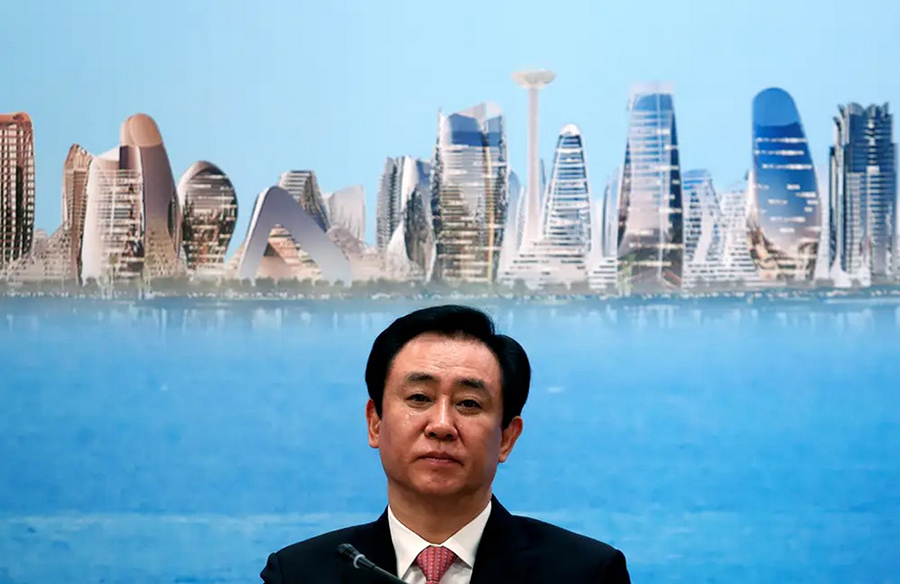
The saga surrounding Evergrande, once China’s leading real estate developer, has taken a dramatic turn with accusations of fraud. The China Securities Regulatory Commission (CSRC) has dropped a bombshell, alleging that Hengda Real Estate, Evergrande’s flagship unit, and its founder Hui Ka Yan, also known as Xu Jiayin, engaged in fraudulent activities. According to an exchange filing released on Monday, the CSRC claims that Hengda Real Estate inflated its revenue by a staggering 564 billion Chinese yuan, equivalent to $78 billion, in 2019 and 2020. Furthermore, the commission asserts that bonds were issued based on these falsified financial results.
Comparing the Allegations
The scale of the alleged fraud is staggering, drawing comparisons to some of history’s most infamous financial scandals. For context, Luckin Coffee, a Chinese coffee giant, inflated its revenue by $300 million in 2020, while Enron, one of the biggest fraud cases in history, pumped up its profits by $600 million in 2001. However, neither of these cases comes close to the magnitude of the allegations against Evergrande.
Consequences and Accountability
The CSRC has held Hui accountable for orchestrating and falsifying financial information through methods deemed “particularly egregious.” As a result, Hui has been fined 47 million yuan for his violations and banned from the securities market for life. Additionally, Hengda Real Estate faces a hefty fine of 4.2 billion Chinese yuan. Former executives of Hengda Real Estate, including its ex-CEO and ex-CFO, have also been penalized with fines and market bans.
Impact and Speculation
These developments mark yet another chapter in Hui’s downfall, with the founder facing police surveillance since September and having lost three mansions in The Peak, Hong Kong’s prestigious neighborhood. Analysts speculate that Beijing’s crackdown on Evergrande may serve as a warning to other developers, urging them to cooperate with authorities in debt restructuring efforts to avoid severe consequences.
Market Reaction and Ongoing Concerns
Zerlina Zeng, the head of East Asia corporates at CreditSights, a research firm, believes that while the fines imposed by the CSRC may not directly impact Evergrande’s liquidation process, they signal a broader effort to address the challenges posed by defaulting developers in China’s property market. The ongoing turmoil in the Chinese real estate sector has raised concerns about potential contagion effects on the domestic and global economy. Trading in Evergrande shares on the Hong Kong Stock Exchange has been halted since January 29, when the company was ordered to undergo liquidation.




Leave a Reply